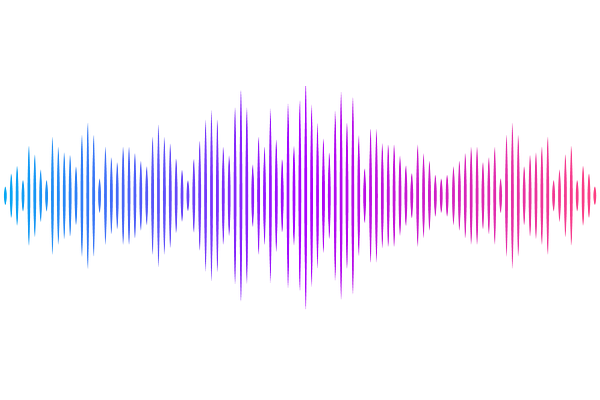Probing Memory-Burdened Primordial Black Holes with Galactic Sources observed by LHAASO

Probing Memory-Burdened Primordial Black Holes with Galactic Sources observed by LHAASO
Xiu-hui Tan, Yu-feng Zhou
AbstractThe recently identified \textit{memory burden} effect has the potential to significantly decelerate the evaporation of black holes. Specifically, when approximately half of a black hole's initial mass has been radiated away, the evaporation process is halted. This mechanism allows very light primordial black holes (PBHs) with masses $m_{\rm PBH}<10^{15}$ g to persist until the present day and may contribute to the dark matter (DM) content of the universe. In this work, we focus on PBHs with masses $\lesssim 10^{9}$ g. Due to the memory burden effect, these PBHs emit high-energy gamma-rays, which in turn alter the corresponding observed energy spectra. To investigate the constraints on the masses and DM abundance of PBHs, we analyze data from four Galactic sources measured by the Large High Altitude Air Shower Observatory (LHAASO), including the Crab Nebula, LHAASO J2226+6057, LHAASO J1908+0621, and LHAASO J1825-1326. Our findings indicate that the ultra-high-energy gamma-ray spectra from these Galactic sources provide crucial probes for light PBHs, thereby significantly constraining their potential contribution to DM.